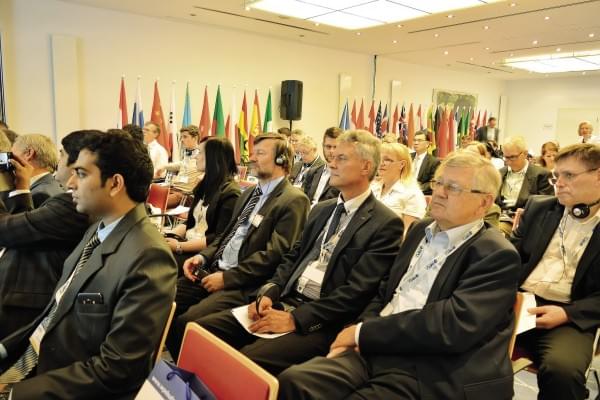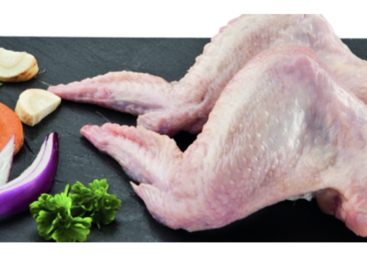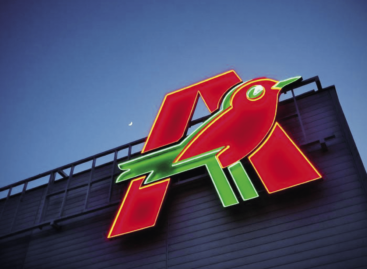Magazine: The world’s packaging industry met in Budapest
At the end of May 2016 the World Packaging Organisation (WPO) held its spring meeting in Budapest. The host was Hungarian member organisation, the Hungarian Association of Packaging and Materials Handling (CSAOSZ). On the fifth day there was an international conference, titled ‘Packaging Innovations for Sustainability and Safety.’ Speakers called attention to the fact that a well-designed packaging solution can be one of the most important tools for saving natural resources, base materials and energy. According to a recent study, food production has a ten times bigger impact on the environment than packaging. Packaging is one of the most dynamically developing industries: in 2015 the world used packaging in the value of USD 839 billion and until 2020 a 3.5-percent annual expansion is forecasted in this field.
Before the conference CSAOSZ president Attila Bencs called participants’ attention to Hungary’s excellent results in this field. EuroStat data reveals that in the European Union packaging usage is 160kg/person/year; in Germany it is 208kg, in Hungary it is 102kg and in Romania it is 49kg. In 2015 Hungary’s packaging industry expanded in both volume and value: sales were up 3 percent at more than HUF 500 billion and 950,000 tons of packaging was marketed. WPO president Thomas L Schneider spoke about the importance of packaging. He told that packaging saves food, it protects goods and makes them suitable for transport.
Claudia Rivinius, marketing director of STI Group explained in her presentation that packaging is one of brands’ most important connection points to consumers. She presented creative packaging ideas, one of which was a pizza box from China that can be turned into a movie projector. EPAL managing director Martin Leibrandt spoke about the future of pallets and told that they are ready to face the challenges of the future. At the moment more than 450 million EPAL Euro pallets are in circulation all over the world. These pallets are made from renewable resources.
WPO vice president Dr Johannes Bergmair gave a presentation on the interaction between food ingredients and packaging materials, and about the legal background of this domain. He told that the level of migration (a bit of the packaging material ending up in food) can now be minimised by using modern technology. Dávid Kétszeri, GS1 Magyarország Nonprofit Zrt.’s partnership director and deputy CEO talked about the traceability of food products. He spoke about GS1 Hungary and the Ministry of Agriculture’s forum for cooperation, called National Food Tracking Platform, which set the goal of bringing all actors in the food industry together, to work out a well-working system for tracking food products throughout the supply chain.
Messe Düsseldorf director Bernd Jablonowski introduced the SAVE FOOD programme – a cooperation by FAO, Messe Düsseldorf and UNEP. More than 130 companies and associations, plus 230 organisations, universities and research institutes have joined forces to fight food waste together. In poor countries 40 percent of food waste occurs at the beginning of the supply chain, due to a lack of proper packaging. In rich countries 30 percent of total food waste happens at the end of the supply chain.
Related news
Related news
Costume hunt begins: Auchan explodes with brutal carnival offer
🎧 Hallgasd a cikket: Lejátszás Szünet Folytatás Leállítás Nyelv: Auto…
Read more >





